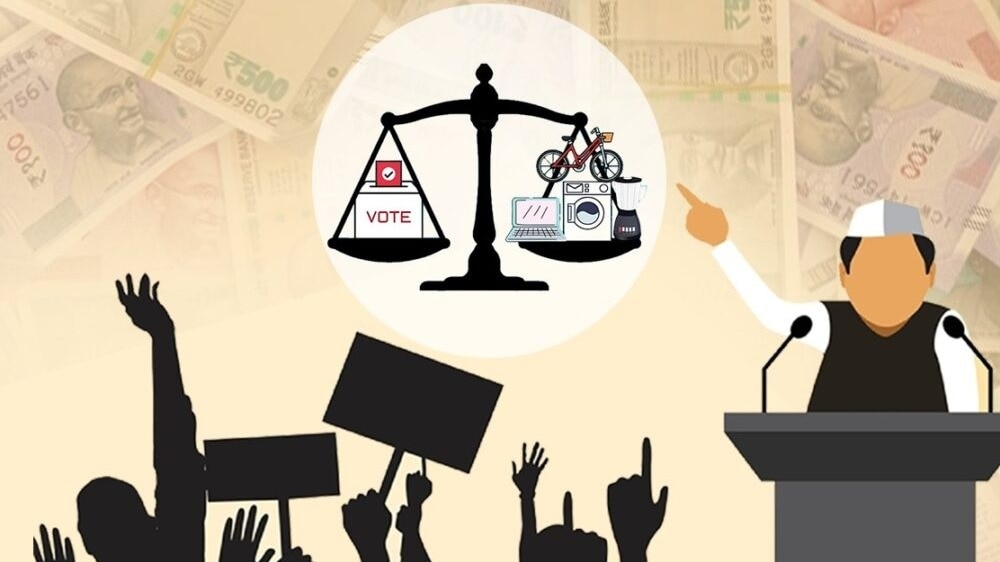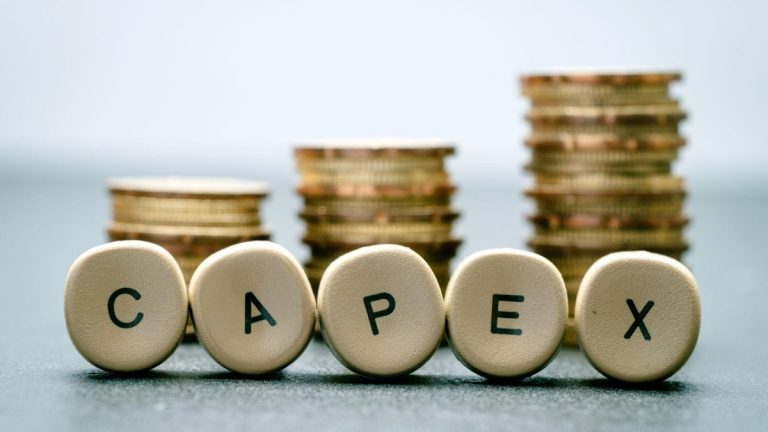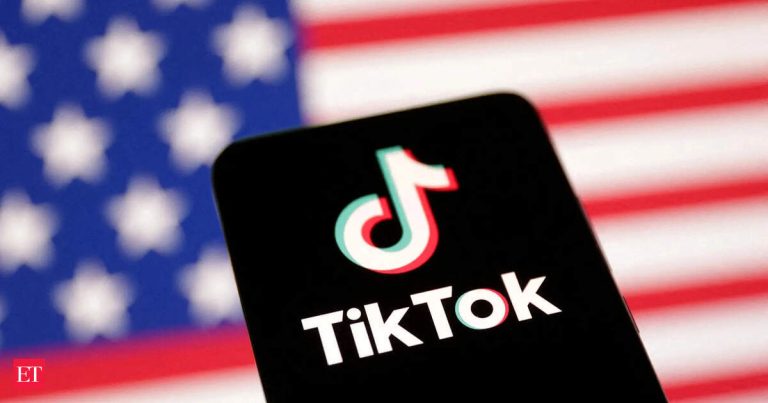
India’s financial tug-of-war between fostering GDP progress and doling out freebies is now not a coverage debate confined to bureaucrats — it’s taking part in out publicly throughout social media and influencing voter sentiment.
On the coronary heart of this debate lies a stark selection: Ought to governments drive long-term progress by investing in infrastructure and innovation, or ought to they prioritise short-term populism with giveaways that win votes however probably weaken financial fundamentals?
Critics warn that an overdependence on subsidies and handouts hampers fiscal well being and stunts productiveness. Advocates counter that such welfare measures are vital lifelines for the underprivileged. However when electoral methods lean too closely on freebies, the broader aim of constructing a resilient, self-sustaining financial system dangers getting derailed.
Akshat Shrivastava, founding father of Knowledge Hatch, joined the rising refrain questioning the financial soundness of India’s freebie tradition. Taking to X (previously Twitter), he referred to as out the inefficiency masked as generosity.
“Choice 1: You aren’t accounting for the price of inefficiency. Each time the federal government decides to provide a free mixer grinder, they’re destroying wealth,” Shrivastava wrote. “How? As a result of to pay for that mixer grinder, they should tax a reliable individual extra. Or devalue their financial savings by printing more cash (what they do at present).”
In distinction, Shrivastava argued for what he referred to as “growing the dimensions of the pie”—or spurring real progress. “When you’re producing issues of worth, it results in progress. And, the prevailing debt could be deflated away as a result of actual improve in productiveness. In company finance: that is referred to as environment friendly capital allocation. Authorities is horrid at this,” he mentioned.
Shrivastava’s feedback got here in response to a person who outlined two contrasting approaches to GDP progress: one counting on redistribution via taxation and freebies, and the opposite pushed by entrepreneurship and innovation.
“1) You pay taxes and the federal government spends on freebies. That individual later spends that cash to assist the GDP.
2. The opposite individual builds a startup, gives jobs and creates merchandise/providers that extra folks would love to purchase/use.
GDP is a operate of the speed with which cash flows (not contemplating cash printing — I’m taking fixed provide of cash). Extra the speed of cash, extra the tax the federal government will get. Now inform me which possibility you’ll select,” the person wrote.





